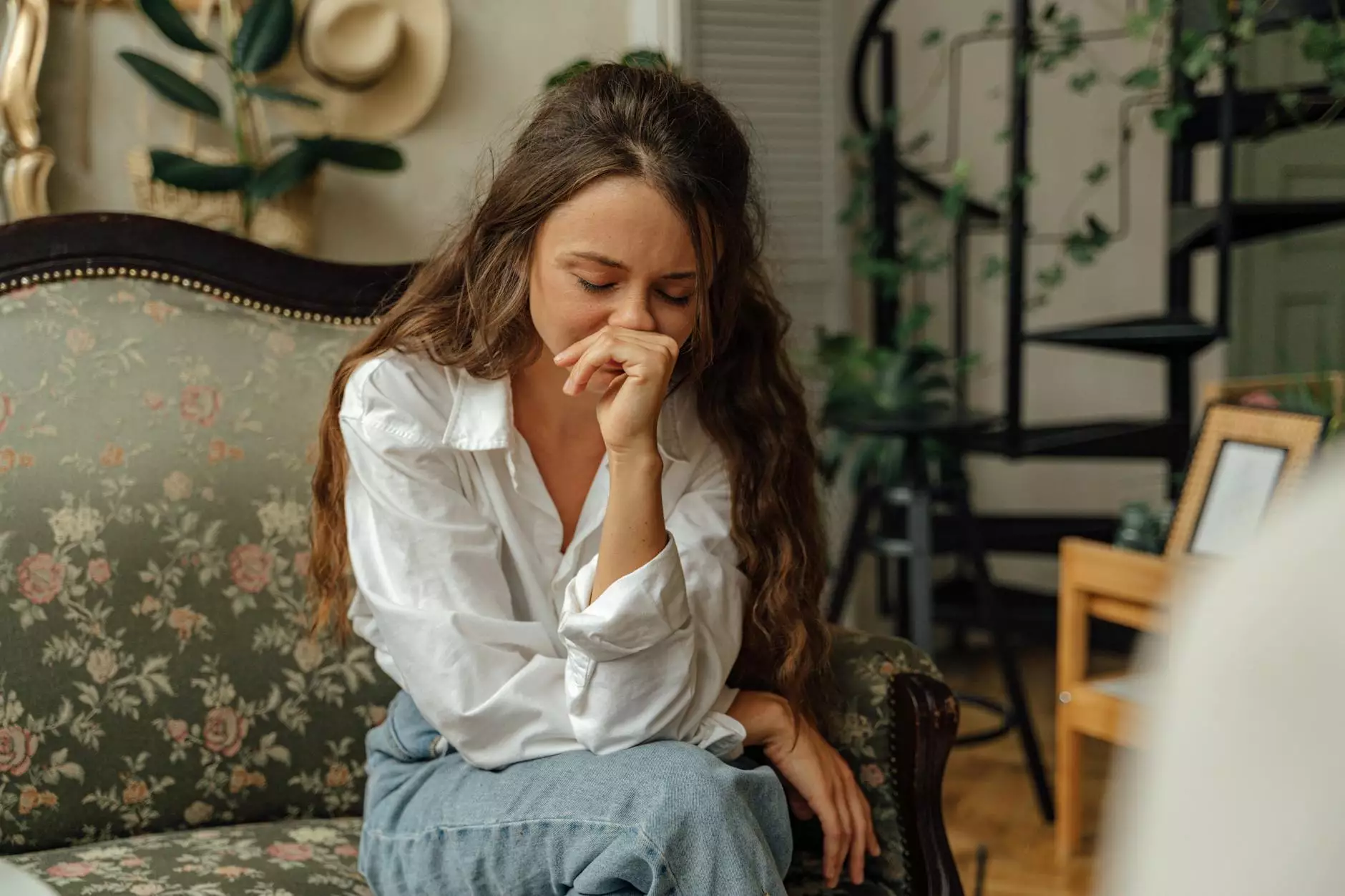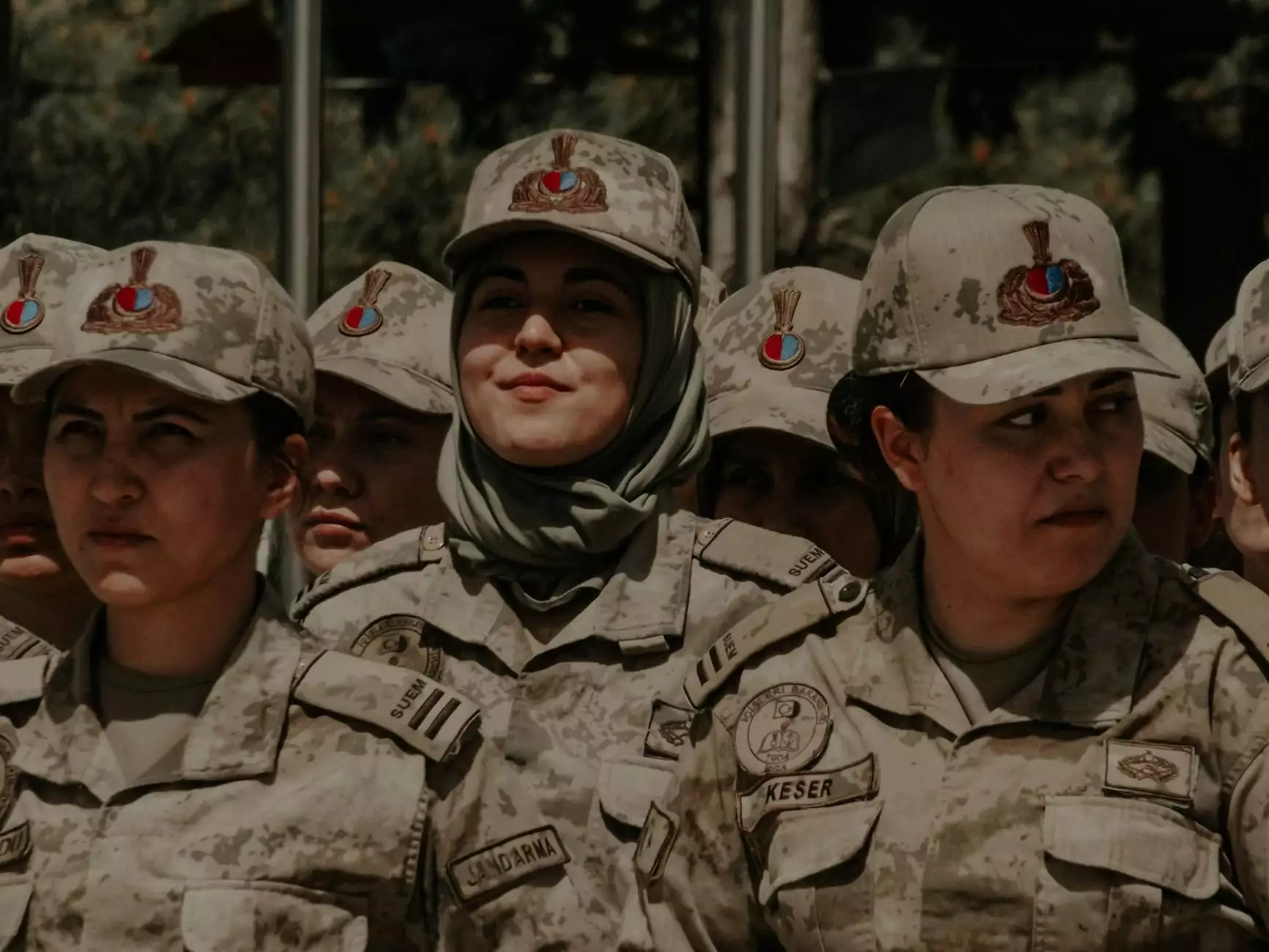Exploring the Role of Marriage Counsellors in Today's Relationships

Marriage is a profound union that brings together two individuals with different backgrounds, beliefs, and experiences. While the idea of spending a lifetime with a partner can be exhilarating, the reality often includes various challenges that can strain even the most loving relationships. This is where the expertise of marriage counsellors becomes invaluable.
What are Marriage Counsellors?
Marriage counsellors are trained professionals who specialize in helping couples navigate relationship issues. They offer a safe space for couples to discuss their problems and work towards resolving them effectively. The primary goal of marriage counselling is to facilitate communication between partners, enabling them to understand each other's perspectives.
Why Seek Marriage Counselling?
There are numerous reasons couples might seek the assistance of marriage counsellors. Here are some common scenarios:
- Communication Breakdown: Many couples struggle to communicate effectively, leading to misunderstandings and resentment.
- Conflict Resolution: Disagreements are natural in any relationship. Counsellors can provide strategies for resolving conflicts healthily.
- Infidelity: Trust can be shattered in the wake of infidelity, and navigating the path to reconciliation is often best done with professional help.
- Life Transitions: Major life changes, such as having children or moving, can create stress that impacts a relationship.
- Emotional Disconnect: When couples feel more like roommates than partners, a counsellor can help bridge that emotional gap.
The Benefits of Working with Marriage Counsellors
Engaging in marriage counselling can yield a myriad of benefits:
- Improved Communication: Couples learn how to express their thoughts and feelings more effectively, minimizing misunderstandings.
- Enhanced Understanding: Counsellors facilitate discussions that help partners gain deeper insights into each other’s needs and perspectives.
- Conflict Management Skills: Couples acquire practical skills for managing disagreements, reducing the frequency and intensity of conflicts.
- Rebuild Trust: For couples recovering from betrayal, counsellors provide strategies to rebuild trust and commitment.
- Increased Emotional Intimacy: Couples often report a heightened sense of intimacy and connection following counselling sessions.
How Marriage Counselling Works
The process of marriage counselling typically involves several steps:
- Initial Assessment: Couples meet with the counsellor for an introductory session to discuss their concerns, relationship history, and desired outcomes.
- Setting Goals: Together with the counsellor, couples establish specific goals for their counselling sessions.
- Therapeutic Sessions: Regular sessions provide a structured environment for couples to address issues, guided by the counsellor’s expertise.
- Homework Assignments: Counsellors may assign exercises to encourage couples to practice their communication skills outside of sessions.
- Review and Progress Evaluation: Regularly reviewing progress helps couples assess their growth and make adjustments to their approach.
Types of Marriage Counselling
There are different types of marriage counselling approaches that cater to various needs:
- Pre-Marital Counselling: Designed for couples preparing for marriage, focusing on vital topics such as finances, children, and conflict resolution.
- Traditional Couples Therapy: Conversations focus on improving communication and resolving conflicts in a safe environment.
- Gottman Method: This approach is backed by extensive research and emphasizes building emotional connections and friendship.
- Emotionally-Focused Therapy (EFT): Targets emotional bonds and aims to transform negative patterns of interaction.
- Solution-Focused Therapy: Quickly identifies solutions to specific problems rather than delving deeply into past issues.
Choosing the Right Marriage Counsellor
Finding the right marriage counsellor is crucial for effective therapy. Here are some tips:
- Check Credentials: Ensure your counsellor is licensed and has relevant qualifications in marriage and family therapy.
- Experience Matters: Look for a counsellor who has demonstrable experience dealing with issues similar to yours.
- Personal Fit: Choose a counsellor whom both partners feel comfortable with to foster open communication.
- Methodology: Understand the counselling methods they use and see if they align with your expectations.
- Reviews and Referrals: Seek recommendations from friends or online reviews to gauge the effectiveness of the counsellor.
Common Misconceptions about Marriage Counselling
Misunderstandings about marriage counselling can deter couples from seeking help. Here are some common misconceptions clarified:
- Only for Troubled Couples: Many couples seek counselling as a preventative measure, not just as a last resort.
- Blame Game: Counselling is not about assigning blame; rather, it’s about understanding and overcoming challenges together.
- Quick Fix: Effective counselling often takes time and effort. There’s no magical solution, but gradual improvement is achievable.
- Loss of Independence: Seeking help from a counsellor does not diminish personal autonomy but rather empowers individuals to communicate better within the relationship.
- Confidentiality Concerns: Marriage counselling is a confidential process, and what’s discussed in sessions remains private.
Success Stories: Couples Who Benefited from Marriage Counselling
Many couples have transformed their relationships through marriage counselling. Here are a few brief success stories:
John and Sarah: After struggling with communication for years, they decided to seek help. Through counselling, they learned to articulate their feelings, leading to a more harmonious relationship.
Michael and Emma: Following infidelity, they felt lost and betrayed. With the guidance of a skilled marriage counsellor, they were able to rebuild trust and emerge stronger than before.
Linda and Greg: A significant life transition had left them feeling disconnected. Through counselling, they rediscovered their emotional connection, reigniting the spark in their relationship.
Conclusion
In conclusion, the support of marriage counsellors can be transformative for couples facing challenges. Whether dealing with communication issues, conflict, or the aftermath of betrayal, professional guidance can facilitate healing and strengthen relationships. Acknowledging when to seek help is a significant step towards fostering a healthy and fulfilling partnership.
The insights gained from marriage counselling can promote not only individual growth but also relational harmony, proving that with commitment and the right support, love can flourish even in the most trying circumstances.
Visit Mind Care Neuroscience
For expert guidance and support, consider reaching out to the marriage counsellors at Mind Care Neuroscience. Their team is dedicated to helping couples strengthen their bonds and navigate challenges with compassion and expertise.









